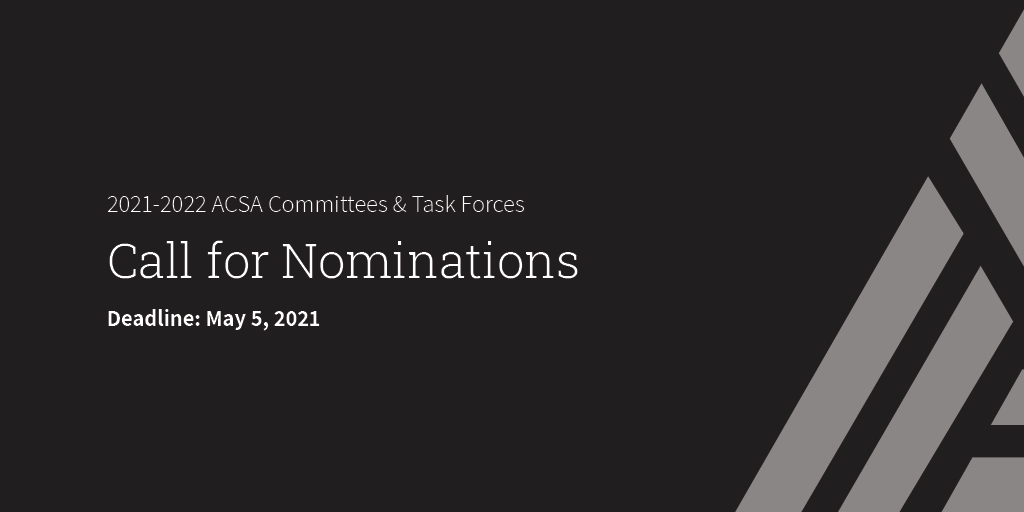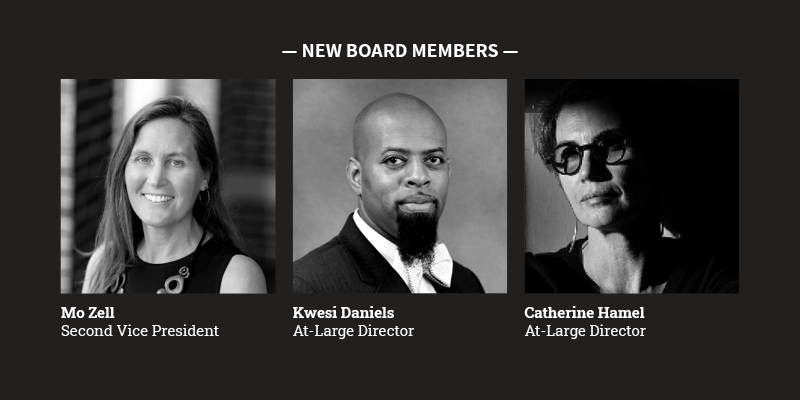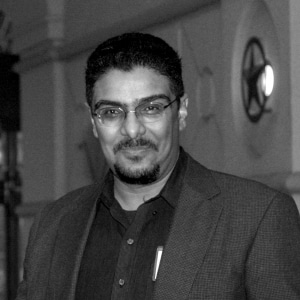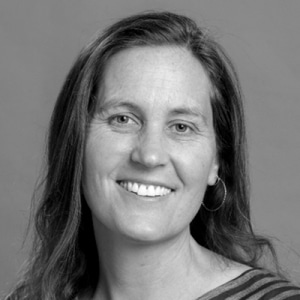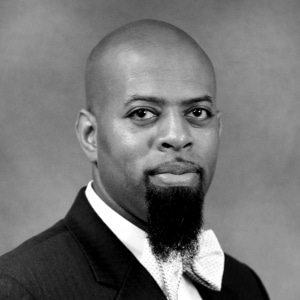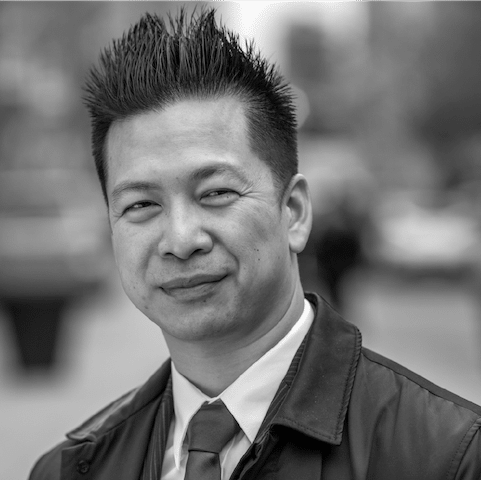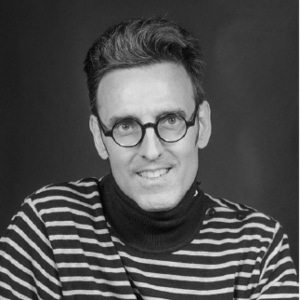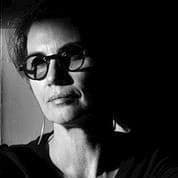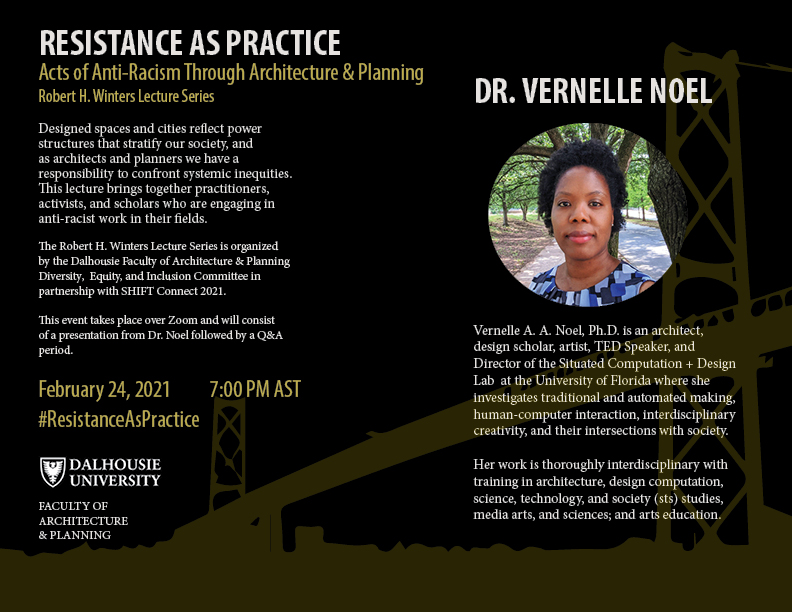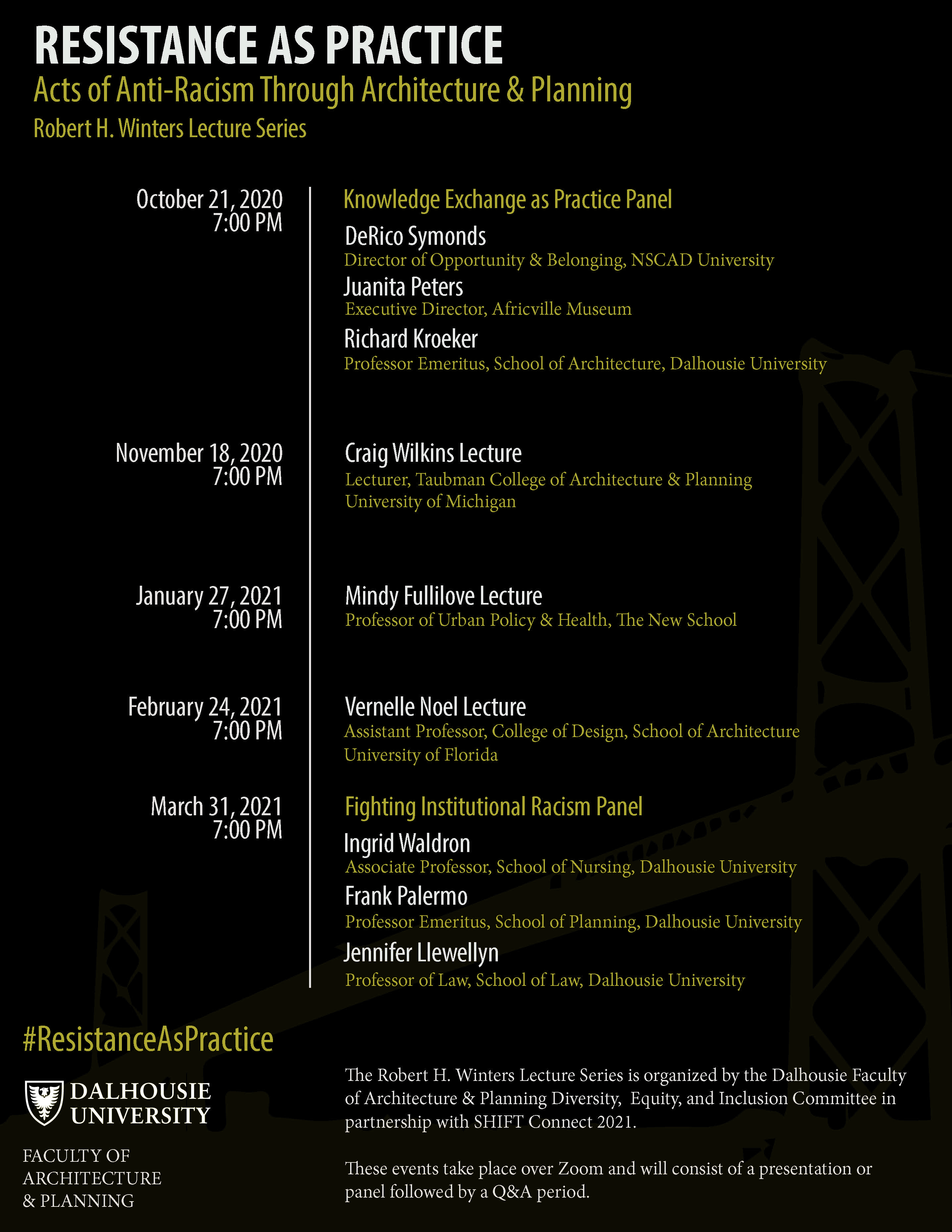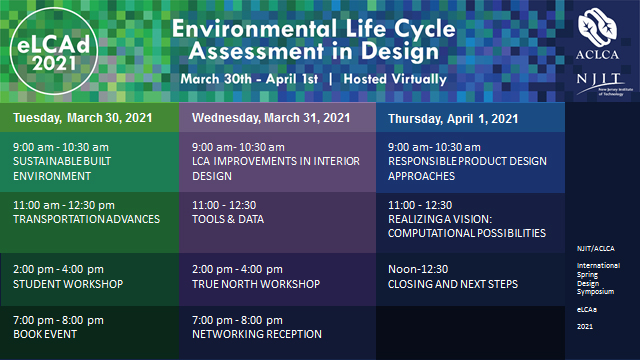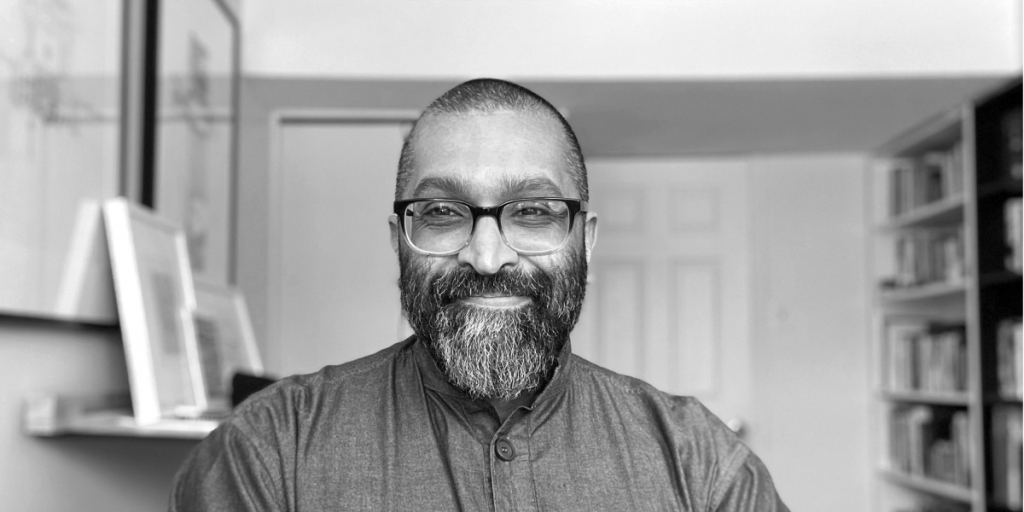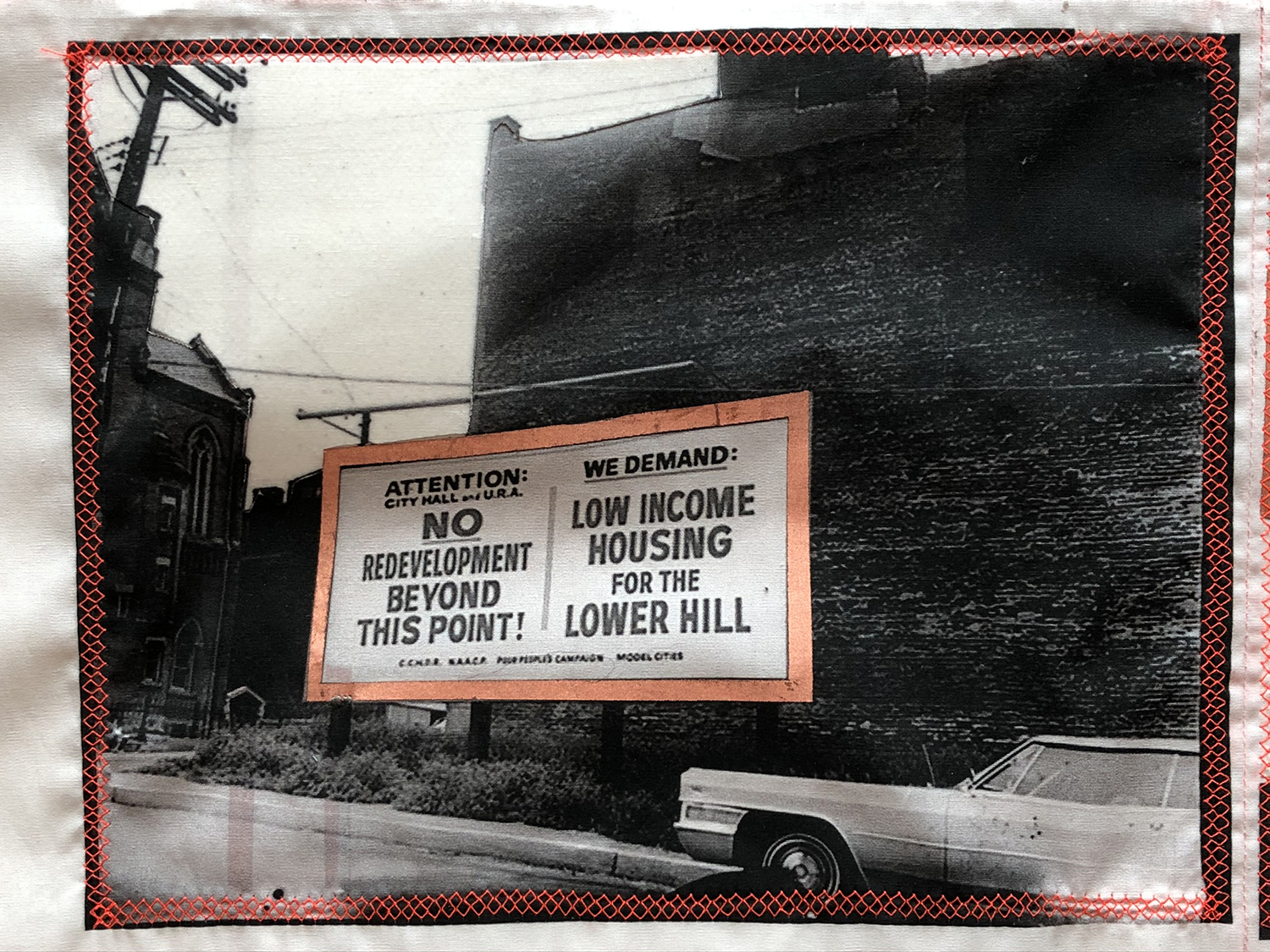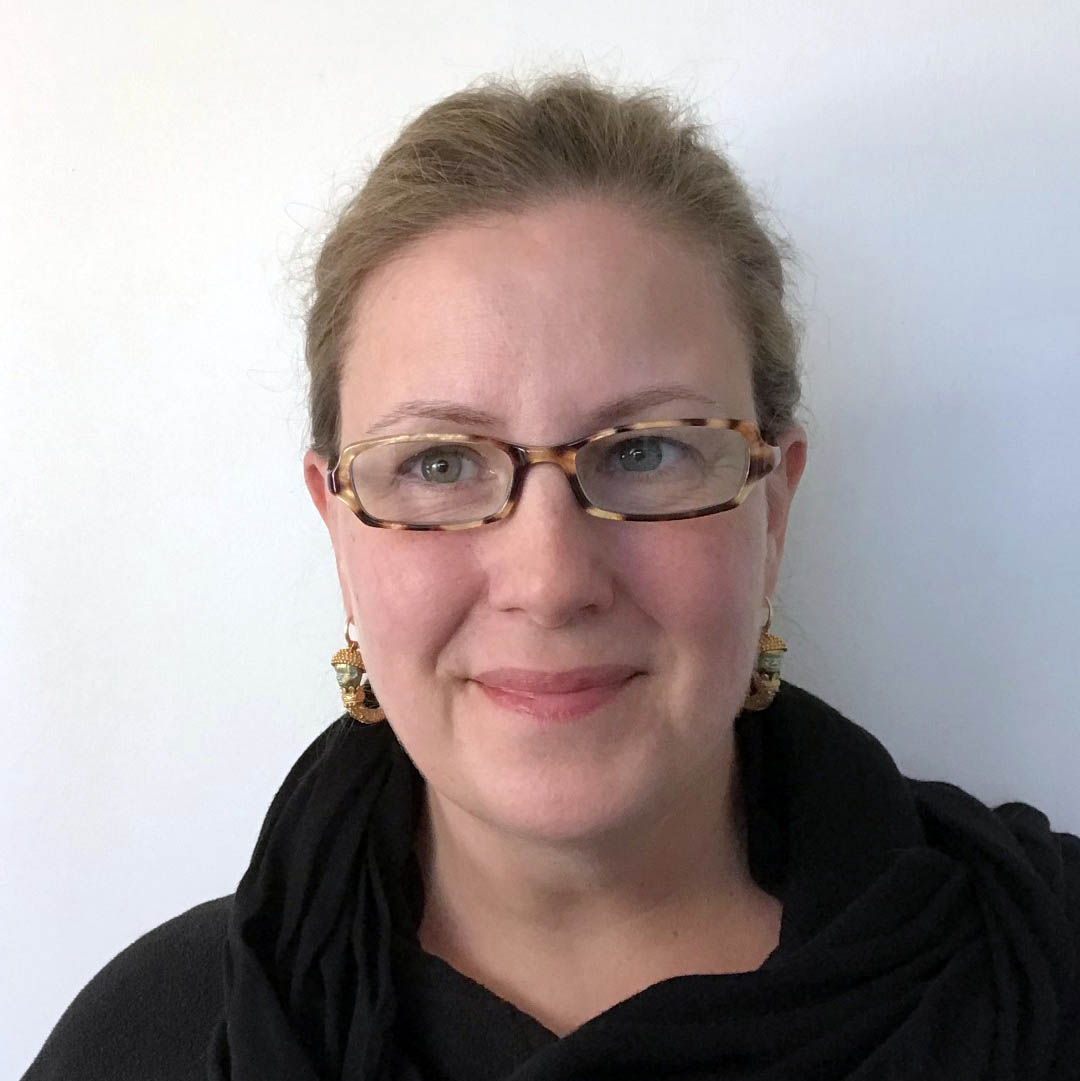University of Illinois at Urbana-Champaign
Illinois School Of Architecture Announces New Cesar Pelli Distinguished Lecture Series
The Illinois School of Architecture is pleased to announce the establishment of the César Pelli Distinguished Lecture Series. The Pelli Lecture Series has been made possible through the generous estate gift of world-renowned architect and celebrated Illinois Architecture alumnus César Pelli. Pelli received his Master of Science in Architecture degree in 1954 from the University of Illinois and went on to design some of the world’s most iconic buildings, most notably the Petronas Twin Towers in Kuala Lumpur.
Rafael Pelli reflected on his father’s fond memories of the University of Illinois campus, “Coming to the University of Illinois at Urbana-Champaign from Argentina was a seminal moment in my father’s life and career. I remember walking on campus with him while our firm was working on the BIF [Gies College of Business Instructional Facility] project. He remembered his time here very fondly and was very appreciative of the support the University gave to a young man away from his country and family for the first time with no money or connections. The Dean of Students helped him with housing and some teaching work. The Director of the School of Architecture introduced him to an acquaintance in Eero Saarinen’s office for a summer job interview, and he later spent 10 years with the firm. He was struck by the communal aspect of University life, so different than his school experience in Argentina, and my parents always remembered the joy of spending evenings in the Illini Union. He was forever grateful for the opportunity to start a new life at UIUC.”
The Illinois School of Architecture will welcome internationally recognized architect Toshiko Mori as the inaugural César Pelli Visiting Lecturer. Toshiko Mori, founder of the New York-based Toshiko Mori Architect firm and the think tank Vision Arc, will kick off the César Pelli Distinguished Lecture Series on March 3. Mori, a member of the World Economic Forum’s Global Agenda Council on Design and the Robert P. Hubbard Professor in the Practice of Architecture at Harvard University Graduate School of Design, is well known for her research-based approach to design. Visiting lecturers, like Mori, will engage students in multi-day co-teaching efforts of graduate studio learning and discussion sessions with faculty and students.
“We are extremely fortunate to have Toshiko Mori as our inaugural Pelli Lecturer,” shared Francisco Rodríguez-Suárez, director of the Illinois School of Architecture. “Aside from knowing César personally, Toshiko is well respected both as a professor and a practitioner. Our academic community will benefit immensely from the various events in which we will share her ideas and experience. This is exactly the kind of energy I wish to imbue within the ethos of our School.”
Other upcoming distinguished visiting lecturers include Mark Raymond, Illinois School of Architecture’s Plym Distinguished Professor and prominent Illinois Architecture alumna Trina Sandschafer. Raymond, director of the Graduate School of Architecture (GSA) in Johannesburg, will lead a joint studio between students in Urbana and Africa, and Sandschafer will co-teach an urban housing studio in Chicago with Christina Bollo. You can register for the Toshiko Mori lecture and other upcoming Cesar Pelli Lectures by visiting arch.illinois.edu/about-us/events.
CONTACT: Joshua Hall, 217-244-1368, hall48@illinois.edu

 Study Architecture
Study Architecture  ProPEL
ProPEL 